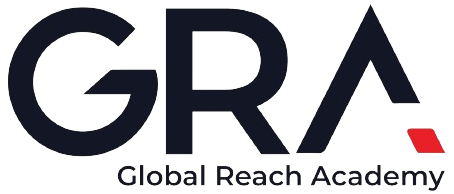Practice using the tools and techniques of formal project management.
IT projects come with distinct challenges for all project team members, and most of all for the project manager. In this course, you will learn the fundamentals and best practices of project management methodology as applied to IT initiatives. Using real-world scenarios and hands-on exercises, you will apply practical project management principles to successfully take a project from planning to rollout.
Practice essential project management skills to help you mitigate time, budget, quality, and scope constraints. Determine product scope through effective identification of requirements, assess and manage stakeholder expectations, identify and manage risks, and meet quality standards while navigating change requests. Examine important aspects of IT projects, including communication needs of virtual teams, security, and testing. Avoid the most common pitfalls of IT project success to deliver optimal business value for your IT projects.
Students pursuing a university-recognized and/or accredited certificate in Canada or continuing education units in the US must attend at least 90% of class time, participate in class exercises and section-knowledge checks, and score at least 70% on an end-of-class, multiple-choice assessment.
PMI is a registered mark of the Project Management Institute, Inc.
This is a BYOD course. Students should bring a PC, Mac, or tablet to class in order to access digital course materials. Students can download a copy of the course materials in their MyGK account.
Who Should Attend?
IT professionals, IT project managers, IT managers, IT project team members, associate project managers, project managers, project coordinators, project analysts, project leaders, senior project managers, team leaders, product managers, and program managers.
You should not take this course if you have taken Project Management Fundamentals. The subjects covered are the same.
What You’ll Learn
- Articulate the relevance of core project management competences.
- Identify key project goals and assumptions and set the stage for value delivery.
- Understand how to identify stakeholders and assess how to engage with them during the project.
- Meet stakeholder informational needs by creating an actionable communication plan.
- Articulate product scope as part of the charter.
- Become familiar with the process of eliciting and capturing requirements.
- Create the WBS and dictionary that would deliver the scope in the project charter.
- Perform a more detailed and systematic assessment of risk.
- Articulate guiding quality characteristics for the project.
- Sequence activities, create schedule, and estimate the cost of the project.
- Prepare to oversee go-live.
- Manage change in projects.
- Track value delivery in projects.
- Understand the basics of a project retrospective.
Course Outline
- Match competence to scenario
- Evaluate a project business case
- Identify and assess stakeholders
- Stakeholders
- Resource management
- Teams
- Develop a communication plan
- Define product scope
- Project charter
- Product and project scope
- Decompose product scope into stakeholder requirements
- Requirements
- Create WBS and dictionary
- Work
- Work breakdown structure
- Create risk register
- Risk identification and management
- Establish quality metrics
- Create an initial schedule and budget
- Effort and duration
- Estimating effort
- Level of accuracy in estimates
- Team-based estimation
- Scheduling
- Estimating cost
- Review and disposition a change request
- Change management
- Plan a project rollout
- Testing
- Release management
- Use metrics to reassess the business case
- Delivering business value
- Close out a project
Related Certifications
- PMP® — Project Management Professional
PDUs
This course qualifies you for the following PMI® Professional Development Units (PDUs):
- Leadership = 4
- Strategic and Business Management = 3
- Technical Project Management = 14
Total = 21







